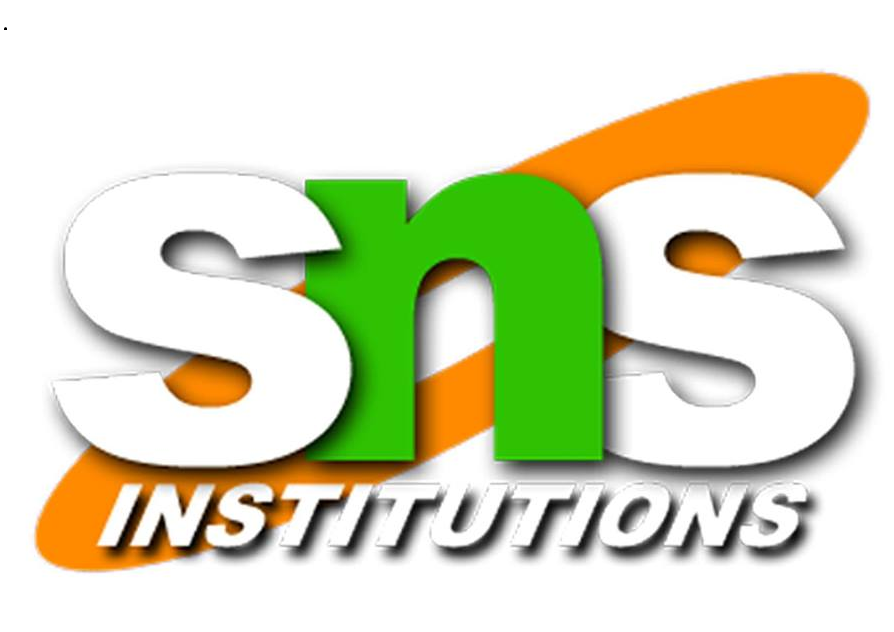
Education – meaning, definitions, nature, functions and aims; nature of education as a discipline - types of education; formal, informal and non-formal; levels of education - Preprimary, primary, secondary, senior secondary, higher, professional, distance and optional education; Aims and purposes of education drawn from constitutional provision; Education as a means of social justice in the Indian Constitution; Constitutional values and education (Preamble, Fundamental rights and duties); the Right to Free and Compulsory Education 2010 (RTE) and inclusion; Education in the concurrent list and its implications
Social diversity: Meaning and definition - Education for understanding the social diversity in India – Levels of social diversity: Individual, regional, linguistic, religious, castes and tribes - Role of education in creating positive attitude towards diversity - inter disciplinary nature of education philosophy, psychology, sociology, anthropology, politics, history
Universalization of primary education – programmes to achieve universalization of education: SSA, RMSA, RUSA, integrated education and Inclusive education; Challenges in achieving universalization of education; Education for collective living and peaceful living; Four pillars of education as viewed by Delor’s Commission Report.
Language policy during the pre-independent and post-independent India – Language policy as specified in Indian Constitution – Views of great thinkers on medium of Instruction: Tagore, Gandhi, Vivekananda.
Equality of Educational Opportunity; equality in constitutional provisions; Inequality in schooling, Causes for inequality, discrimination, and marginalization in education – Types of inequity: caste, gender, class, regions – Elimination of social inequalities through education – education for marginalized groups: Dalits, tribals and women.
Reference Book:
Freire, Paulo. (2014). Pedagogy of the oppressed. New Delhi: Bloomsburry Publishing. 2. Ghosh, S.C. (2007). History of education in India. The University of Michigan: Rawat Publications. 3. Government of India.(2007). National Knowledge Commission Report. New Delhi. 4. Kumar, K. (2014). Politics of education in colonial India. New Delhi: Routledge. 5. Naik, J.P., Andrew, Vereker., & Nurullah, S. (2000). A student’s history of education in India (1800-1973).UK: Macmillan. 6. National Council for Educational Research and Training. (2005). National curriculum framework. New Delhi: NCERT.
Text Book:
Aggarwal, J.C. (2013) Landmarks in the History of Modern Indian Education, Vikas Publishing House, New Delhi. 2. Arya, P. P. (2006) Higher Education and Global Challenges: System and Opportunities. New Delhi: Deep and Deep Publications. 3. Chaube, S.P. (2014) History of Indian Education. Agra: ShriVinodPustakMandir
